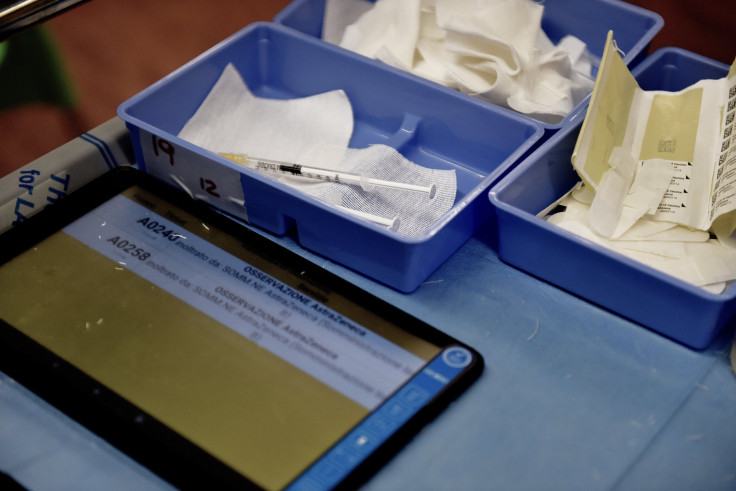Efforts are being carried out to determine if there are other ways to keep symptomatic people protected from COVID-19. AstraZeneca has an antibody treatment called AZD7442. But a recent study reveals that the COVID-19 antibody therapy has failed to show it was reliable in reducing the risk of people who may have been exposed to an infected person.
AstraZeneca revealed on June 15 that a late-stage trial failed to provide evidence that its COVID-19 antibody therapy could protect people from others who were infected with the coronavirus. It was found to be 33% effective compared to a placebo.
And while that appears to be bad news, it reportedly is not statistically significant. They claim that it may have been due to chance and not therapy.
The Phase III study which has not been peer-reviewed included 1,121 participants from the United Kingdom and the United States. Most of those who participated were free not inflicted with COVID-19.
"While this trial did not meet the primary endpoint against symptomatic illness, we are encouraged by the protection seen in the PCR negative participants following treatment with AZD7442," AstraZeneca Executive Vice President Mene Pangalos stated.
Five more trials are being done involving AZD7442 to see if it can be a potential antibody cocktail or treatment to safeguard people. A larger trial that would feature people with weaker immune systems is likely to happen next, catering to people who may not benefit from a vaccine.
AZD7442 is a combination of tixagevimab (AZD8895) and cilgavimab (AZD1061). They are obtained from B cells given by convalescent Covid-19 patients.
AstraZeneca also revealed that they are currently in talks with the US government on the possible next steps regarding a $205 million deal to supply up to 500,000 doses of AZD7442. Swiss manufacturer Lonza was contracted to produce AZD7442.

© 2025 Latin Times. All rights reserved. Do not reproduce without permission.





